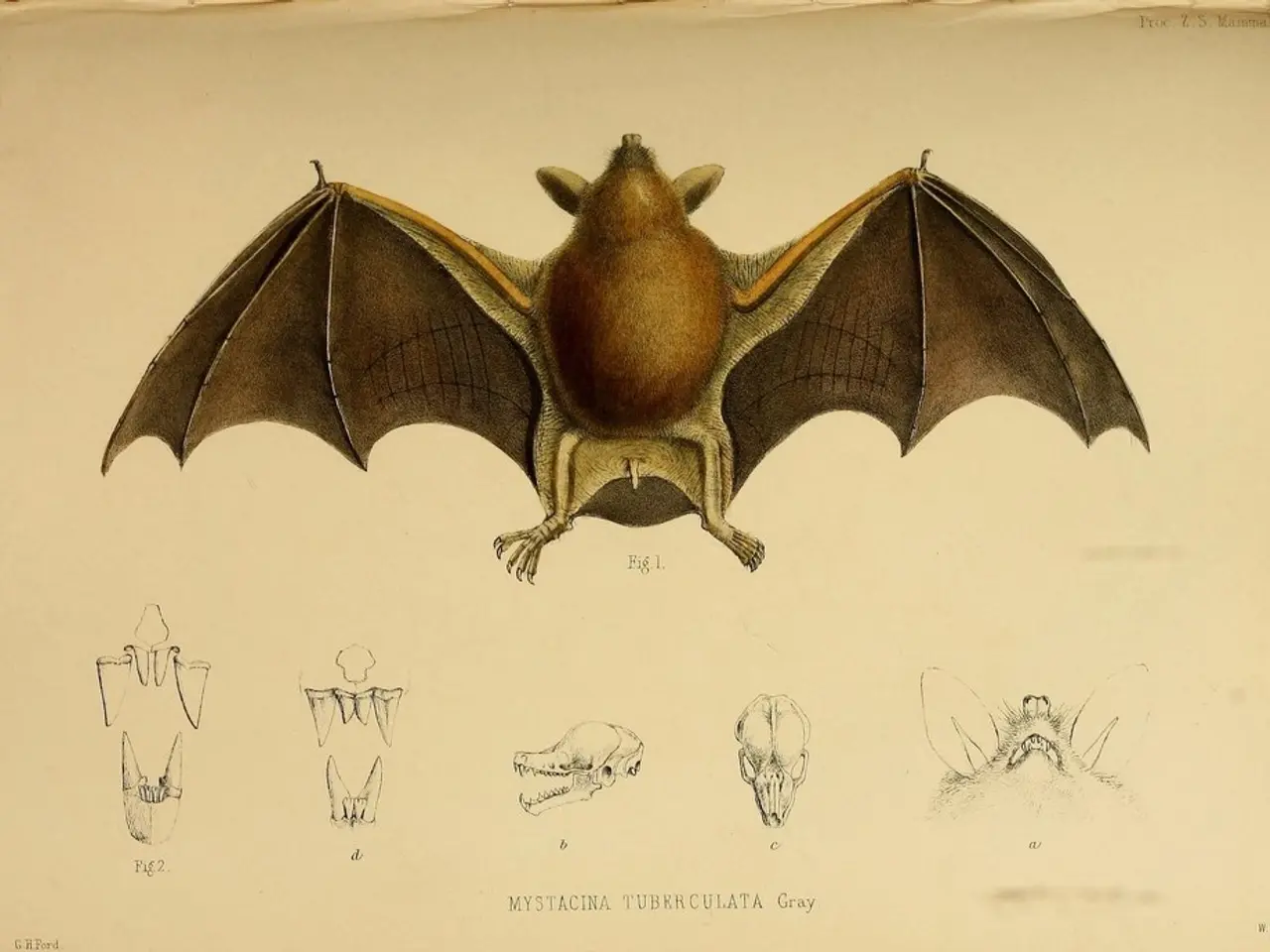American automaker General Motors to acquire electric vehicle batteries from China's Contemporary Amperex Technology Co. Limited, according to insider information.
General Motors (GM) has announced that it will import lithium iron phosphate (LFP) batteries from Chinese manufacturer CATL for its upcoming Chevrolet Bolt model, which is set to begin production in late 2025 in Kansas. This temporary arrangement is a strategic move to quickly supply its most affordable electric vehicle (EV) while actively developing domestic capacity for LFP battery production.
The decision to import from CATL is influenced by a number of factors. Firstly, GM aims to stay competitive with Chinese EV manufacturers who already extensively use LFP technology. Secondly, the current inability to produce sufficient LFP cells domestically in time for the new affordable EV launch is a significant hurdle. Thirdly, despite an import duty of approximately 80% due to tariffs from previous U.S. policies, GM finds no effective price disadvantage because federal EV subsidies no longer favor only vehicles with U.S.-made batteries. Lastly, GM acknowledges that most of its existing EVs already use U.S.-made batteries, and this arrangement with CATL is explicitly temporary.
GM's own battery cell manufacturing is scheduled to start in 2027 through a joint venture with LG Energy Solution in Tennessee. This marks a shift in GM's battery strategy toward a broader array of cell chemistries, including LFP, which are lower cost compared to their formerly uniform, pricier chemistries.
Other global automakers, including GM's crosstown rival Ford, are also importing parts and batteries due to lower production costs or more advanced technology in other countries. Ford is on track to begin production of batteries in 2026, and like GM, is also using technology from CATL to help reduce costs on EV batteries.
In 2027, GM plans to bring LFP production to the U.S., marking a significant step in the company's commitment to domestic manufacturing. CATL, which has ties to Ford's Michigan battery factory, didn't immediately respond to a request for comment regarding its work with GM and Ford. The Wall Street Journal earlier reported GM's plans to import batteries from CATL.
In conclusion, GM is importing CATL LFP batteries to quickly supply its affordable EV models while actively developing domestic capacity, aiming to start U.S. production of LFP cells by 2027 in partnership with LG Energy Solution. This strategic move is part of GM's broader effort to remain competitive in the rapidly evolving EV market.
The strategic move by General Motors (GM) to import lithium iron phosphate (LFP) batteries from CATL is influenced by the need to stay competitive in the finance sector, as the cost-effective LFP technology is extensively used by Chinese EV manufacturers. In addition, GM's current inability to produce sufficient LFP cells domestically in time for the launch of its new affordable electric vehicle (EV) is a significant hurdle, requiring a temporary reliance on technology from the international technology market.




